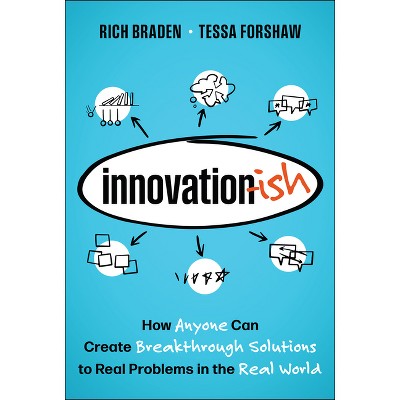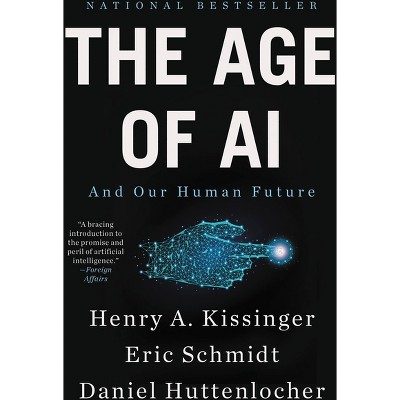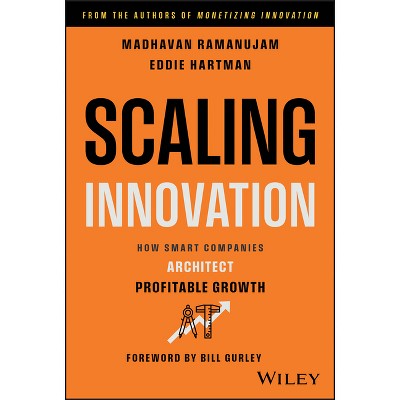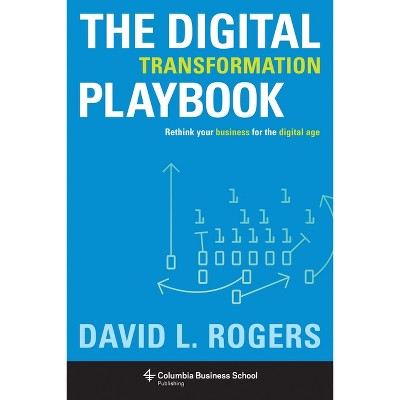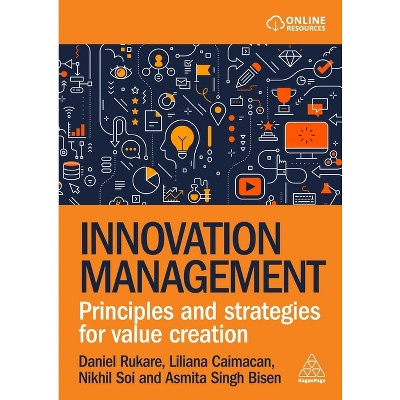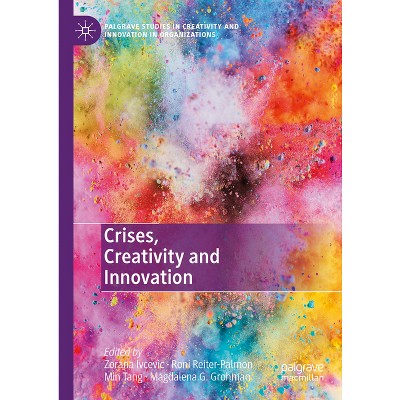Sponsored

The Innovation Manual - by David Midgley (Hardcover)
In Stock
Sponsored
About this item
Highlights
- The Innovation Manual provides a solution to the problems faced by those at the forefront of innovation.
- About the Author: DAVID MIDGLEY directs executive programmes for bluechip companies at INSEAD, France.
- 328 Pages
- Business + Money Management, Decision-Making & Problem Solving
Description
Book Synopsis
The Innovation Manual provides a solution to the problems faced by those at the forefront of innovation. It takes you through the seven topics that have the highest impact on the success of value innovation, be this innovation a new product, a new service or a new business model. The seven topics are:- Creating advantage in the minds of many
- Chartering innovation within the organization
- Preparing, developing and supporting the right team
- Placing customers at the centre of innovation
- Changing the organization to deliver the innovation
- Motivating the right partners and sharing the returns
- Building momentum in the market
Each topic is linked to an organized toolkit that allows managers to apply this knowledge immediately. The tools sit within an overall framework to show how they build on and reinforce one another. Along with this, the book guides busy managers on applying the tools properly, detailing the relevance of each for specific industries, and how to customize them when necessary.
From the Back Cover
There is no doubt that innovation is an important topic, but it is a topic where boundaries have shifted in recent years. Companies need to understand the changes that have taken place, and how to keep pace with these changes so that innovation remains relevant and of value to their business.Innovation is one of the least well-managed areas in most companies. It is not, however, the amount of effort that companies put into innovation that decides success - instead it is how firms go about doing innovation that decides success or failure. In particular, how well the various parts of the organization collaborate on key tasks.
The Innovation Manual is about identifying the key tasks and showing how organizations can collaborate on these tasks better. The author suggests frameworks and tools that can promote the right collaboration at the right time. Surprisingly, organizations will learn that most of the knowledge on how to innovate successfully exists - the real challenge is not to learn more but to bring this knowledge to bear more effectively.
The unique approach taken in this book empowers the reader with a sharper and more usable understanding of knowledge on successful value innovation, as well as the tools to enable them to apply this knowledge in their company.
Review Quotes
"The book is packed with detailed information and useful summaries... succeeds as a practical manual for the modern large company...." (Quarterly World, September 2009)
About the Author
DAVID MIDGLEY directs executive programmes for bluechip companies at INSEAD, France. He joined INSEAD in 1999 as Professor of Marketing. Previously he held positions at the Anderson School, University of California, Los Angeles, and the Australian Graduate School of Management, Sydney, where he was Foundation Chair and Head of the marketing Area. From 2001-2005 he was Coordinator for the Marketing Area at INSEAD. Formerly, he has been an invited scholar at Stanford Graduate School of Business and has also taught at the Wharton School, University of Pennsylvania.Professor Midgley has over 80 publications, including papers in leading journals such as the Journal of Consumer Research, Journal of International Business, Journal of Marketing Research, Journal of Marketing, Marketing Science, Management Science, and Organization Science. He has served on the editorial boards of the Journal of Consumer Research and the International Journal of Research in Marketing.
He has extensive consulting experience in Australia, Europe and North America, including many projects for global corporation on current marketing issues. He was Research Director for the Australian Federal Government's Industry Task Force on Leadership and Management Skills - the Karpin Committee). He is also the author of major reports on management development for the Australian National Training Board and international competitiveness for Austrade.
Shipping details
Return details
Frequently bought together


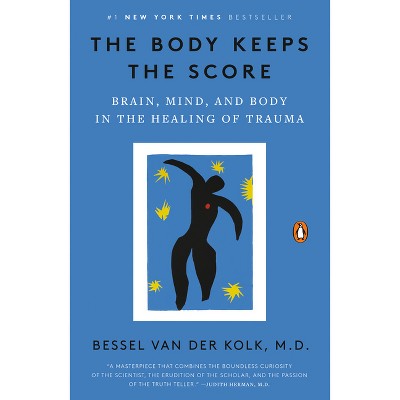

Guests also viewed
